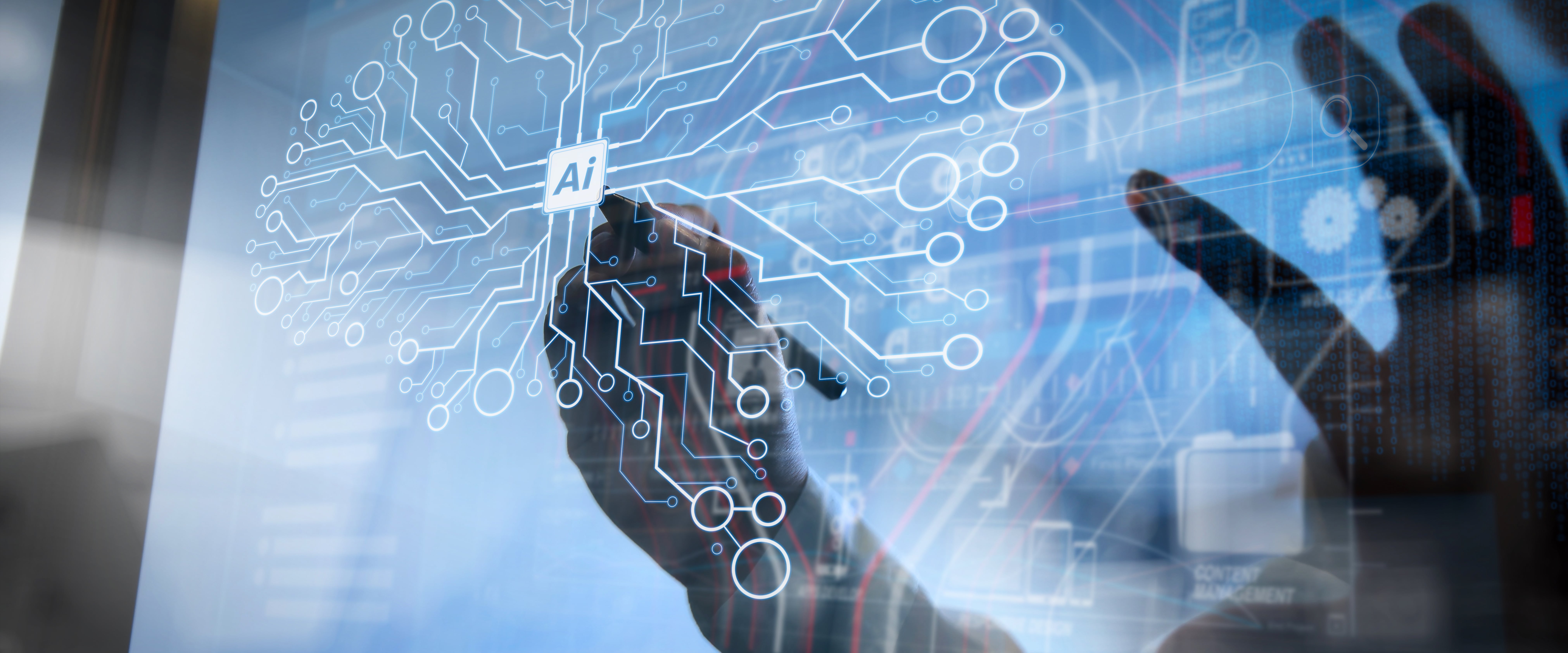BLOG

The rise of ChatGPT, an AI-led tool, has transformed the way businesses operate and interact with customers or clients. What is more, it has also impacted the nature of work itself, with ChatGPT being used to redefine jobs and create new possibilities.
One of the ways in which ChatGPT has redefined jobs is by automating routine and repetitive tasks. This has allowed employees to focus on more creative work, leading to greater job productivity and satisfaction. For instance, it can be used to automate customer service inquiries, thereby freeing up customer service representatives to handle more complex issues and providing customers with real-time responses.
In addition to this, ChatGPT has also created new job opportunities in areas like machine learning and natural language processing. Businesses are looking for employees who can design and train ChatGPT models, as well as analyse and interpret the data generated by these tools. There is a growing demand for individuals with expertise in these areas, as well as for individuals with the ability to think creatively and develop new applications for ChatGPT.
Another way in which ChatGPT is redefining jobs is through its ability to improve collaboration and communication within teams. It can be used to facilitate communication between members who speak different languages, or to assist with translation. This can lead to greater efficiency, improved understanding, and better outcomes for tasks.
Finally, ChatGPT is changing the way we think about training and education. With its ability to generate human-like responses, the model can be used to create interactive learning experiences that simulate real-world scenarios. This can help students develop problem-solving skills and critical-thinking, as well as prepare them for jobs that require natural language processing and communication skills.
In conclusion, it is important for individuals and businesses to understand the potential of this technology and adapt to the changing nature of work in the age of ChatGPT.

The rise of ChatGPT, an AI-led tool, has transformed the way businesses operate and interact with customers or clients. What is more, it has also impacted the nature of work itself, with ChatGPT being used to redefine jobs and create new possibilities.
One of the ways in which ChatGPT has redefined jobs is by automating routine and repetitive tasks. This has allowed employees to focus on more creative work, leading to greater job productivity and satisfaction. For instance, it can be used to automate customer service inquiries, thereby freeing up customer service representatives to handle more complex issues and providing customers with real-time responses.
In addition to this, ChatGPT has also created new job opportunities in areas like machine learning and natural language processing. Businesses are looking for employees who can design and train ChatGPT models, as well as analyse and interpret the data generated by these tools. There is a growing demand for individuals with expertise in these areas, as well as for individuals with the ability to think creatively and develop new applications for ChatGPT.
Another way in which ChatGPT is redefining jobs is through its ability to improve collaboration and communication within teams. It can be used to facilitate communication between members who speak different languages, or to assist with translation. This can lead to greater efficiency, improved understanding, and better outcomes for tasks.
Finally, ChatGPT is changing the way we think about training and education. With its ability to generate human-like responses, the model can be used to create interactive learning experiences that simulate real-world scenarios. This can help students develop problem-solving skills and critical-thinking, as well as prepare them for jobs that require natural language processing and communication skills.
In conclusion, it is important for individuals and businesses to understand the potential of this technology and adapt to the changing nature of work in the age of ChatGPT.